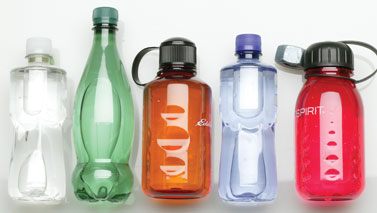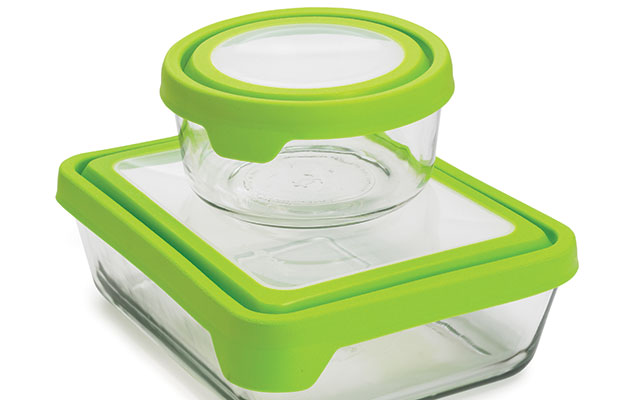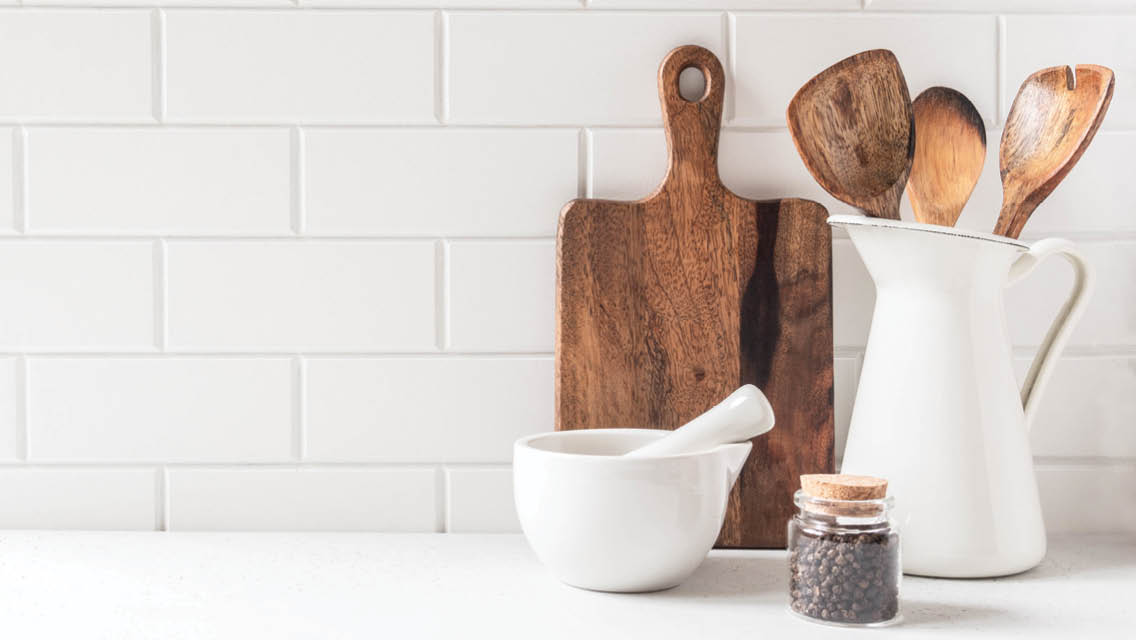News about the health risks of BPA (a hormone-disrupting compound) have convinced many manufacturers to eliminate it from their products. Now a new study from Georgetown University has shown that even BPA-free plastics can have hormone-disrupting qualities. The researchers noted that almost all of the available plastic products they sampled, including baby bottles and deli packaging marketed as BPA-free, leached chemicals that have detectable estrogenic activity (EA).
For advice on how to minimize our food’s exposure to plastics, we talked with Chris Conn, cofounder of MightyNest (www.mightynest.com), an online resource for information about nontoxic household products. His suggestions:
- Whenever possible, choose foods that are fresh, frozen or packed in safer materials (like glass or aseptic cartons) rather than in cans, many of which are lined with a plastic coating. (Buying frozen food packed in plastic is better than buying canned, but never boil or steam frozen foods in the bag.)
- Use stainless steel, glass and ceramics in your cookware, bake ware, dinnerware and food storage. Avoid Teflon-coated products.
- Use glass or stainless-steel water bottles and stainless-steel or ceramic travel coffee mugs.
- If you absolutely must use plastic, look for BPA-free plastic (it at least eliminates some of the known bad stuff) and do not put it in the dishwasher or microwave.




This Post Has 0 Comments